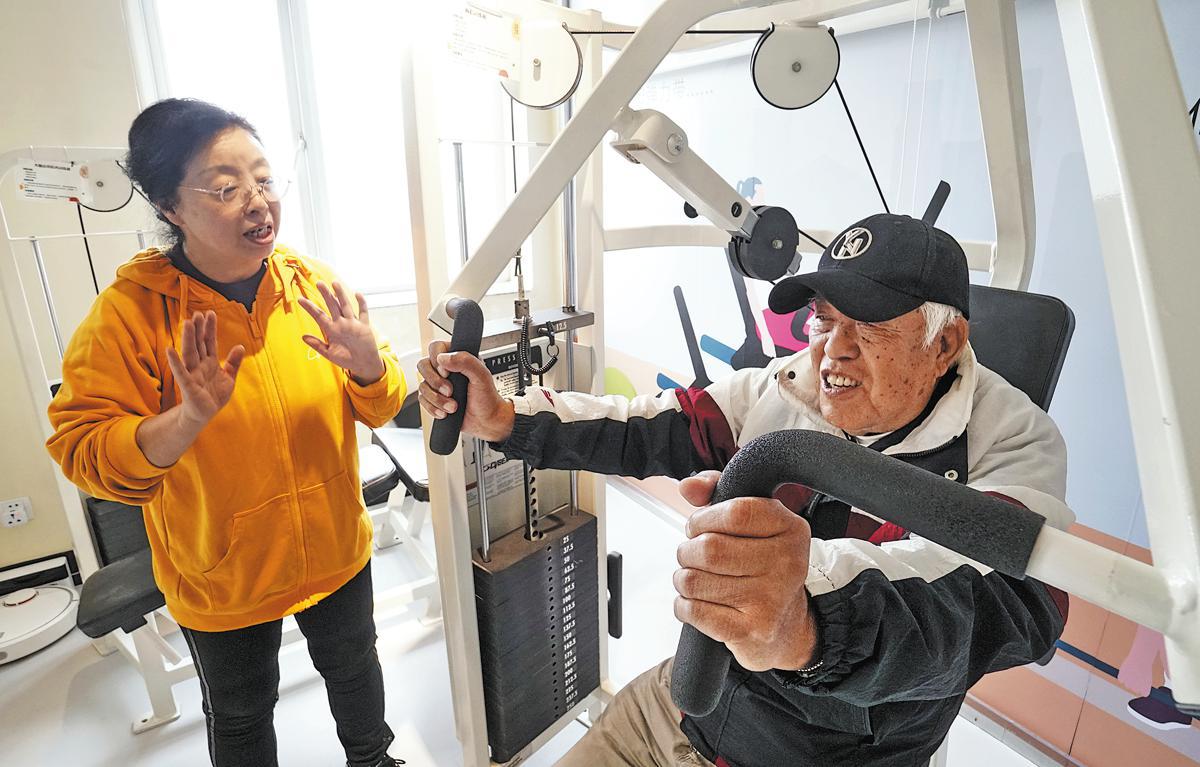'Memory clinics' turning back 'silver tsunami' of dementia
Beijing's innovative programs take lead in fighting cognitive decline


Michael Phillips, director of the Suicide Research and Prevention Center at the Shanghai Mental Health Center, said how families treat individuals with mental disorders significantly impacts their prognosis.
"Our research concludes that when families exhibit higher levels of criticism and resentment, patients show increased relapse rates and poorer treatment outcomes," he said.
"Conversely, families demonstrating more adaptability and a supportive, attentive attitude tend to positively benefit the patient's prognosis."
Wang Yichun, a psychological counselor in Shanghai, said in mental health healing, medications and psychotherapy alone are insufficient, and unsupportive environments often inflict secondary harm.
"Patients rely fundamentally on family understanding and patience, while community acceptance and resources bridge isolation. True recovery requires families and society to unite, offering warmth and strength to make healing achievable and sustainable," Wang said.
In Shanghai, 72-year-old Lu Fengjie embodies this philosophy. After his Alzheimer's diagnosis, his daughter transformed their apartment into a "memory sanctuary".Family photos were attached to cabinets, a favorite calligraphy brush was used to mark a wall calendar tracking his medication intake, and nightly storytelling sessions about his decades as a railway engineer were held.
"We stopped correcting his confusion about dates," explains his son Lu Min, 45. "Instead, we touch on his vivid memories of 1980s train routes."
Six months into this tailored care, his cognitive scores stabilized, defying charts typically showing a decline.
Nearby, community volunteers replicate this approach through "reminiscence libraries" — curated boxes of memorabilia and cassette tapes of old songs that spark lucid moments in even advanced patients.
























